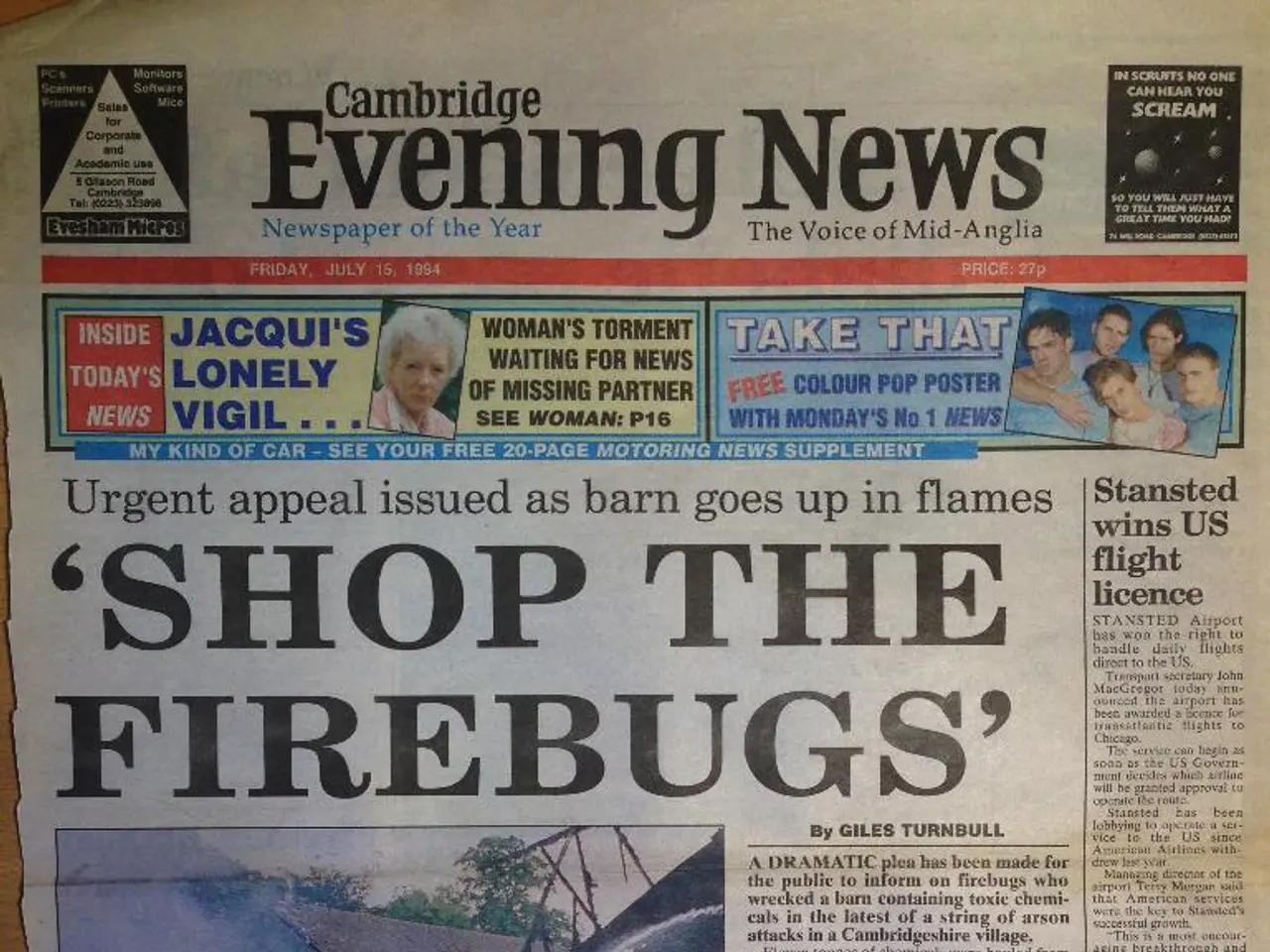Exploring the Evolution of Advertising in the Gaming Industry
In the ever-evolving world of advertising, few sectors have sparked as much controversy as gambling. From the United States to Spain, and across the globe, the rules governing gambling advertisements have been a subject of constant debate.
In the U.S., laws over gambling advertising have seen a never-ending back and forth, with a crackdown on ads beginning in 2003. Across the pond, in Spain, gambling advertisements are prohibited from being shown outside of 10PM-6AM and in-show promotion of gambling services is strictly prohibited at all times.
Online platforms like Google and Facebook have their own guidelines. Google allows gambling advertising within certain parameters, while Facebook requires a special written request from would-be gambling advertisers.
The proliferation of gambling advertisements has been a cause for concern, with a significant increase in ads between 2005 and 2013. This surge has raised questions about the impact of these ads on children and vulnerable populations.
Despite these concerns, direct links between problem gambling and advertising have proven elusive for most researchers. Studies suggest that while gambling advertising may contribute to problem gambling, its impact is smaller than other influential factors.
However, controversial campaigns have raised eyebrows. In India, authorities have investigated Google and Meta for allegedly facilitating advertising for betting apps that were actually illegal gambling platforms involved in money laundering and tax evasion.
The notorious McDonald's Monopoly fraud case in the 1990s, while not a traditional gambling ad, revealed how gambling-like promotions can become highly controversial. The scandal led to federal mail fraud convictions and multiple indictments.
Modern examples of gambling advertising range from the front of football kits to television adverts to tattoos on individuals. The constant evolution of laws suggests that legislation will always be one step behind what gambling promoters are actually doing.
In Australia, advertising for both online and land casinos is regulated by each State/Territory, including strict parameters for responsible gambling messages. Victoria, Australia, recently passed a measure banning gambling advertisements from trains, buses, taxis, in train stations, and near schools.
Gambling advertisers are required to include messaging about gambling responsibly and where to go for help if a player thinks they have a problem in many nations. However, a recent report from Norway's Ministry of Culture revealed that 90% of all betting ads on TV were from unauthorized international gambling sites in Scandinavian markets.
The online casino GoldenPalace.com has gained notoriety for stunts such as paying a streaker to perform at a Super Bowl with a temporary tattoo of their logo. In 2005, a woman in Utah agreed to have a casino's logo tattooed on her forehead for $10,000.
The UK deregulated gambling advertising somewhat in 2007, allowing for an increase in adverts on daytime TV. Yet, concerns about the ethics, legality, and regulation of gambling and gambling-adjacent advertising campaigns, particularly involving digital platforms and promotional activities, remain a hot topic of debate.
A blog post titled "The Evolution and Controversies of Gambling Advertisements" could discuss the ever-changing regulations of gambling advertisements, citing examples such as the ban on gambling ads outside of certain hours in Spain, and the tightened rules in Victoria, Australia. Meanwhile, an article on controversial gambling advertising could explore the notoriety gained by casinos like GoldenPalace.com through stunts like paying a streaker to perform at the Super Bowl or sponsoring tattoos. This latter piece might also delve into the issue of unauthorized international gambling sites, referencing the recent report from Norway's Ministry of Culture that revealed 90% of all betting ads on TV were from such sites in Scandinavian markets.




